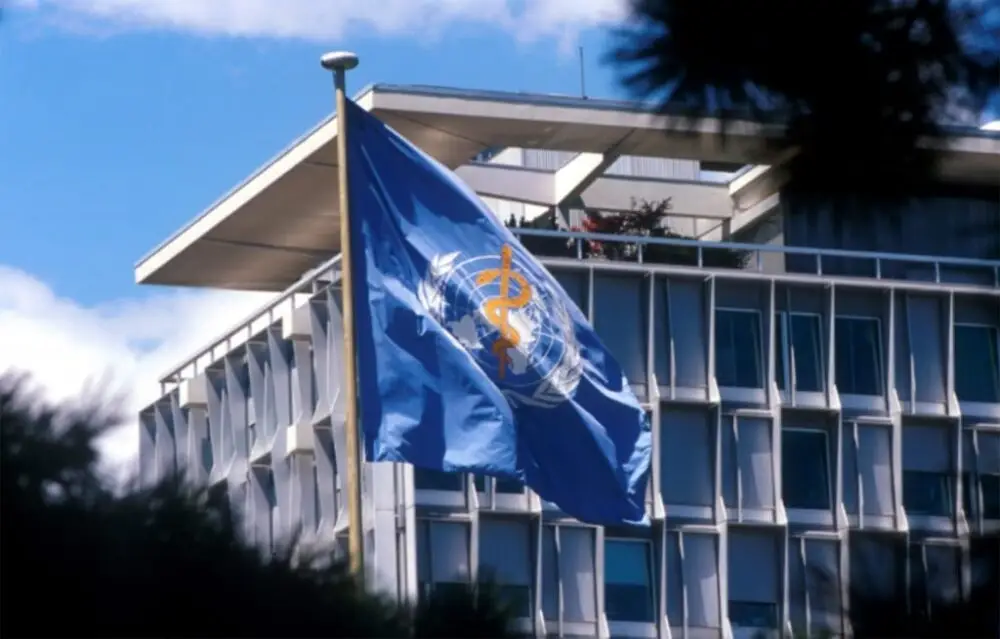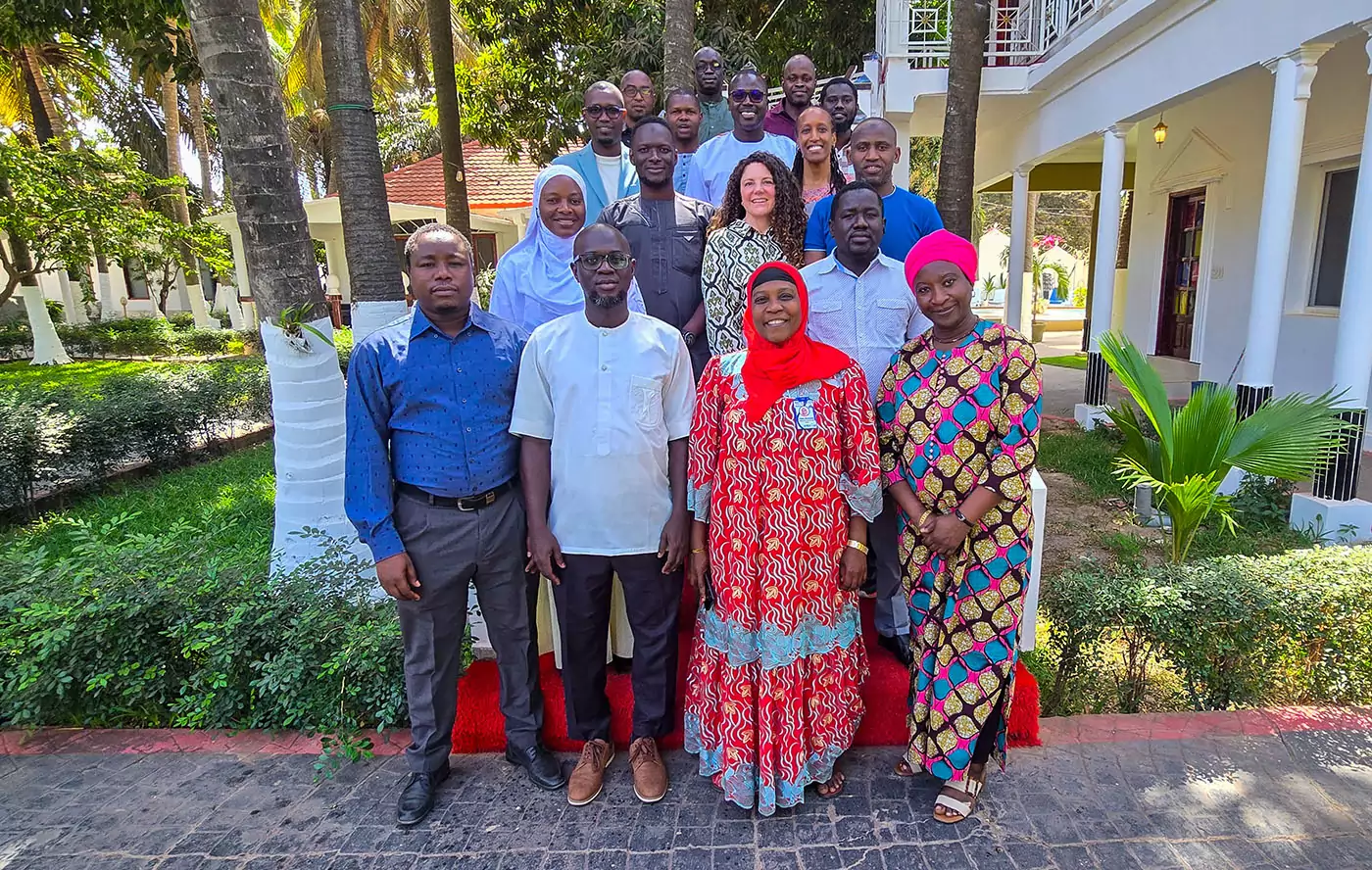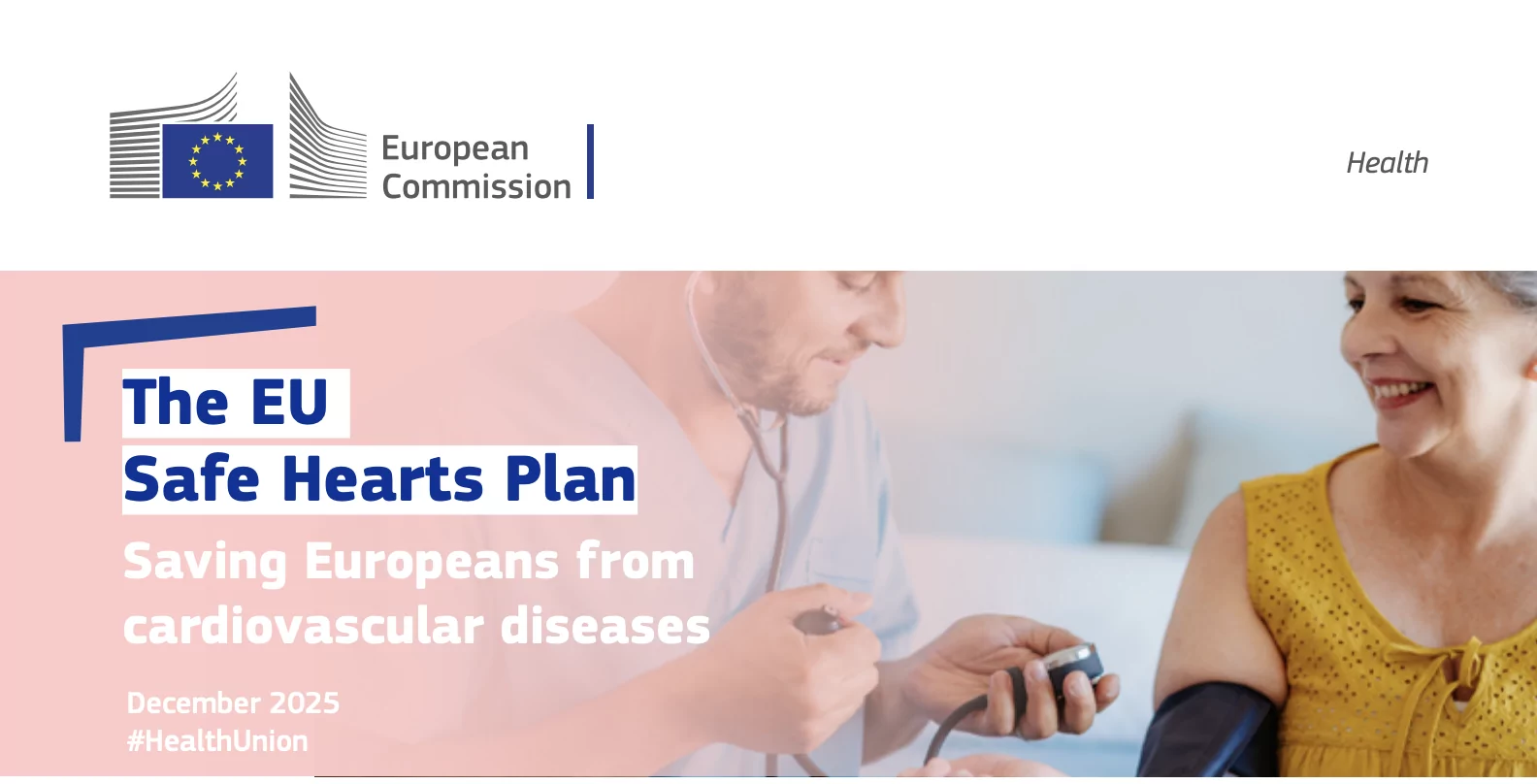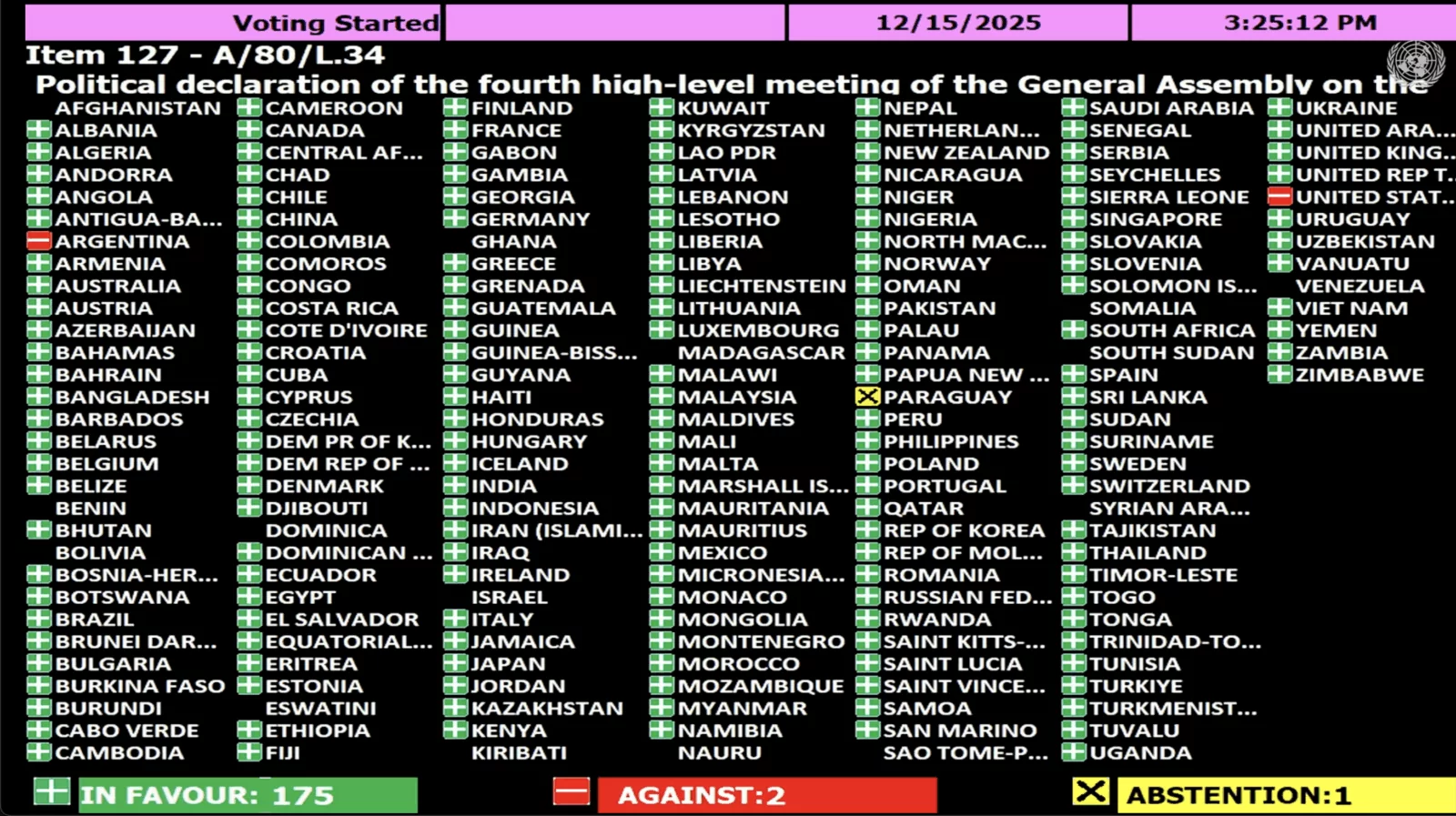
Advancing ambitious ncd and cardiovascular agendas at who Executive Board 158
13 February, 2026
The World Heart Federation (WHF) actively represented the global cardiovascular community at the 158th session of the World Health Organization (WHO) Executive Board, which was held from 02 to 07 February 2026 in Geneva, Switzerland. The WHF delegation, headed by Dr. Bente Mikkelsen, Chair of its Advocacy Committee, delivered a series of statements across multiple […]

Positioning Health as a Foundation for Social and Economic Development
5 February, 2026
This constituency statement was led and delivered by NCD Alliance, with contributions from the World Heart Federation, under agenda item 26 – Economics of Health for All – at the 158th session of the WHO Executive Board. Distinguished delegates, We welcome WHO’s strategy on the Economics of Health for All. The strategy rightly positions […]

Advancing Well-Being through Action on the Determinants of NCDs
5 February, 2026
This constituency statement was led and delivered by the World Heart Federation under agenda item 23 – Well-Being and Health Promotion – at the 158th session of the WHO Executive Board. This statement is delivered by the World Heart Federation on behalf of… World Stroke Organization (WSO) International Society on Thrombosis and Haemostasis (ISTH) International […]

Leaving No One Behind: Integrating NCDs into Health Emergencies and Humanitarian Settings
4 February, 2026
This constituency statement was led and delivered by the World Heart Federation under agenda item 16 – WHO’s Work in Health Emergencies – at the 158th session of the WHO Executive Board. This statement is delivered by the World Heart Federation on behalf of… World Stroke Organization (WSO) Global Alliance for Tobacco Control (GATC) International Society […]

Strengthening Primary Healthcare as a Foundation for NCD Prevention and Care
3 February, 2026
This constituency statement was led and delivered by NCD Alliance, with contributions from the World Heart Federation, under agenda item 10 – Primary Healthcare – at the 158th session of the WHO Executive Board. Distinguished delegates, Primary health care can deliver over 90% of the interventions needed to achieve UHC, making it central to the […]

From Declarations to Implementation: Bold Measures to Reduce the Cardiovascular Burden
2 February, 2026
This statement was delivered by Dr. Bente Mikkelsen, Chair of the WHF Advocacy Committee, under agenda item 6 – Noncommunicable Diseases – at the 158th session of the WHO Executive Board. Honourable Chair, Distinguished Delegates, The World Heart Federation applauds Member States for the adoption of the Fourth UN Political Declaration on Noncommunicable Diseases. We […]

Emerging Leaders Programme 2026: Applications are now open
30 January, 2026
The World Heart Federation (WHF) has announced details of the Salim Yusuf Emerging Leaders Programme 2026, which will take place from 29 November to 3 December 2026 in Florence, Italy. The programme will be hosted by the Menarini Foundation at its House of Sciences in Fiesole. The 2026 seminar will focus on integrated care for […]

Improving hypertension management in The Gambia
28 January, 2026
The World Heart Federation (WHF) is proud to announce a new national initiative in The Gambia to strengthen hypertension prevention and control, in partnership with the Ministry of Health, the Cardiac Society of The Gambia and supported by Sanofi’s Global Health Unit. One in four adults is affected by hypertension in The Gambia, yet only […]

Global societies unite to address environmental threats to heart health
20 January, 2026
Key take-aways The European Society of Cardiology, the American College of Cardiology, the American Heart Association and the World Heart Federation have published the first joint statement calling for urgent action to address environmental stressors as major contributors to cardiovascular disease (CVD). Environmental risk factors that impact cardiovascular health include air pollution, traffic, airplane and industrial noise, artificial light exposure, chemical pollution, plastic and the various effects […]

A Milestone for Cardiovascular Health in Europe: The EU Safe Hearts Plan
19 December, 2025
On 16 December, the European Commission published the EU Safe Hearts Plan, the first comprehensive, EU-wide strategy dedicated to cardiovascular health. The Plan marks a major milestone in the EU’s response to cardiovascular disease, which remains the leading cause of death across the Union, responsible for 1.7 million deaths every year. Momentum around the Safe Hearts Plan has been building in […]

Statement by the World Heart Federation, commenting on the passage of the Fourth United Nations Political Declaration on Noncommunicable Diseases and the Promotion of Mental Health and Well-being
15 December, 2025
Today’s passage of the Fourth United Nations Political Declaration on Noncommunicable Diseases and the promotion of mental health and well-being marks a watershed moment for international collaboration to tackle the world’s number one killer, cardiovascular disease (CVD). “WHF is buoyed by the encouraging support of major groups and so many Member States in addressing cardiovascular […]